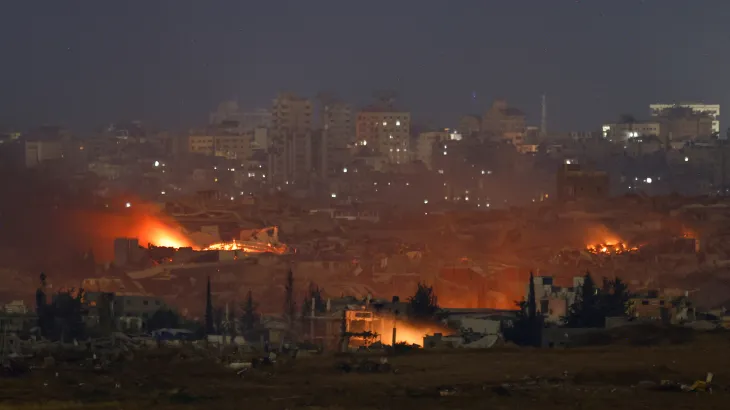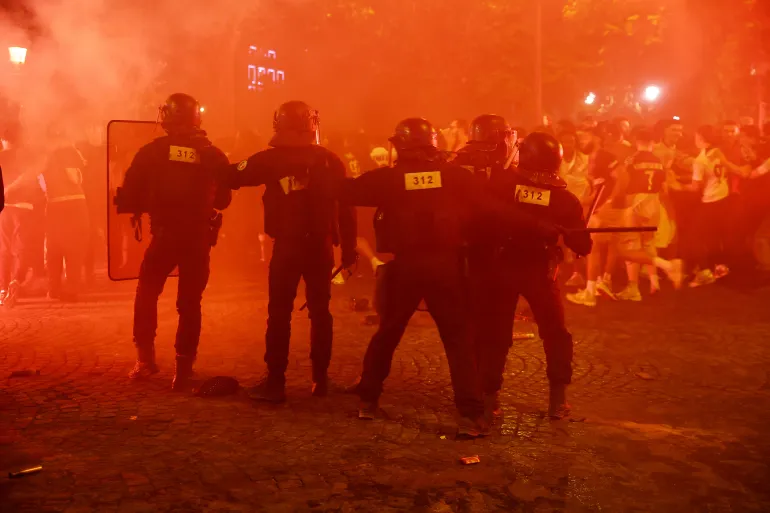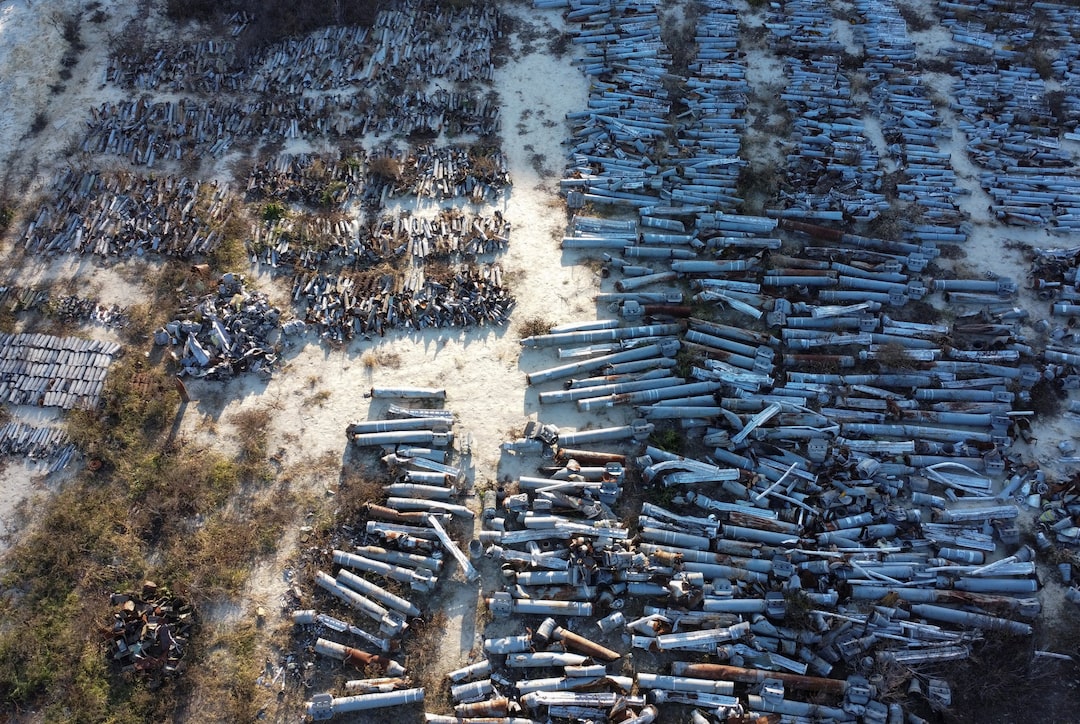In the early hours of May 18, 2025, Israeli airstrikes targeted the Al-Mawasi area in southern Gaza, resulting in the deaths of at least 36 Palestinians. This area had been previously designated by Israel as a “safe zone” for displaced civilians. The attack is part of a broader escalation, with Israeli forces conducting extensive bombardments across Gaza, leading to a total of at least 59 fatalities in pre-dawn operations.
The Israeli military has intensified its ground operations under the campaign named “Operation Gideon’s Chariots,” aiming to dismantle Hamas’s infrastructure and secure the release of hostages. Despite the ongoing military actions, Israel has resumed indirect ceasefire negotiations with Hamas in Doha, Qatar. The talks, mediated by Egypt and Qatar with U.S. support, focus on a potential exchange: the release of 10 Israeli hostages in return for up to 250 Palestinian prisoners and a temporary ceasefire lasting six to eight weeks.
The situation in Gaza remains dire, with over 53,000 Palestinian deaths reported since the conflict’s escalation in October 2023. The humanitarian crisis is exacerbated by severe shortages of food, water, and medical supplies due to an ongoing blockade. International leaders, including UN Secretary-General António Guterres, have condemned the violence and called for immediate humanitarian access and a permanent ceasefire.
The recent airstrike on Al-Mawasi, a location previously considered a refuge for displaced civilians, has drawn significant international criticism. The European Union and the United Nations have called for independent investigations into the attack, emphasizing the need for accountability and adherence to international humanitarian law.
As the conflict continues, the international community urges both parties to prioritize civilian safety and work towards a sustainable resolution.
Source: Al Jazeera



